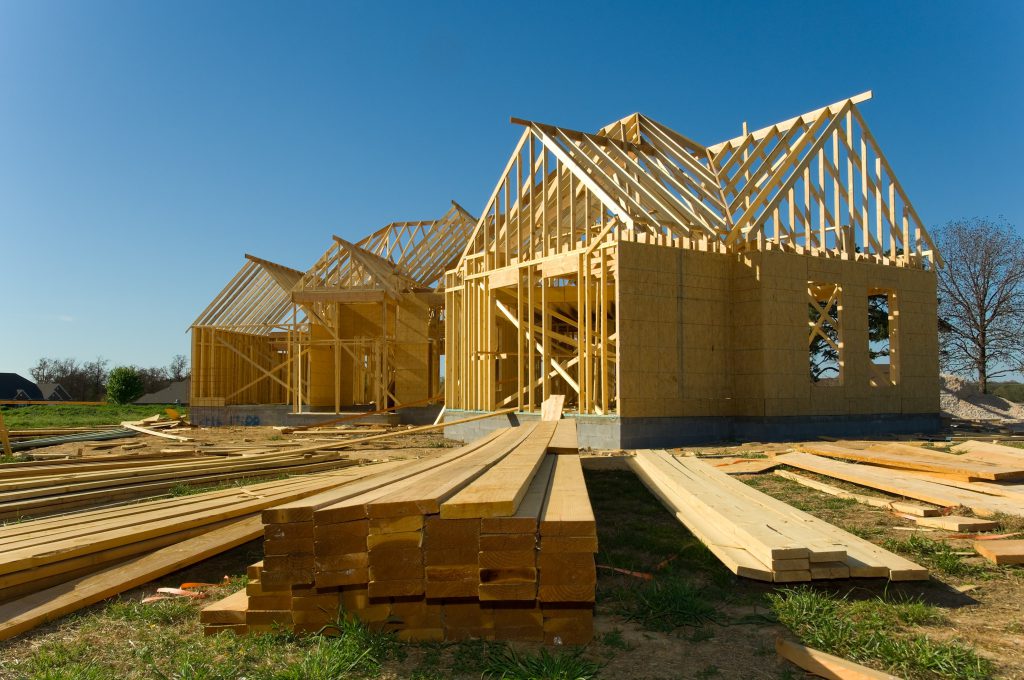The real estate market is a dynamic entity, influenced by various factors ranging from economic trends to governmental policies. One such policy that has recently garnered attention in Belgium is the potential reduction of VAT (Value Added Tax) on new constructions and building materials. The German-speaking community, a significant stakeholder in the Belgian real estate landscape, has been at the forefront of this advocacy.

The parliament’s green light
The parliament of the German-speaking community has recently given its approval for a resolution that advocates for a reduction in VAT on new constructions and construction materials. This move aims to bring down the VAT from the current 21% to a more manageable 6%. It’s worth noting that this isn’t a novel idea. A similar reduction was temporarily implemented between January 1, 2009, and December 31, 2010.
Renovation VAT remains, but materials could see a cut
While the focus has been primarily on new constructions, the German-speaking deputies are not overlooking the renovation sector. They are keen on retaining the current 6% VAT rate for renovation, demolition, and reconstruction works. Furthermore, they are pushing for a similar 6% VAT rate for construction materials, making the entire building process more affordable.
First residences: A special consideration?
The resolution, which faced opposition from three green party deputies, also urges the Wallonia parliament and government to substantially reduce registration rights for primary residences. This move aims to bring Wallonia in line with other regions, ensuring a more uniform policy across Belgium.
Tax reliefs to boost real estate acquisitions
The German-speaking representatives firmly believe that tax reliefs and reductions can act as effective measures to encourage property acquisitions. By reducing the financial burden on potential homeowners and investors, the real estate market can experience a surge in activity. This not only benefits individual buyers but can also provide a significant boost to the local economy. The construction sector, in particular, stands to gain immensely from these proposed changes.
Conclusion
Taxation policies play a pivotal role in shaping the real estate market. The German-speaking community’s push for a VAT reduction on new constructions and building materials is a testament to the continuous efforts to make housing and property investment more accessible to the masses. While the resolution has its detractors, its potential benefits for the local economy and the construction sector cannot be overlooked. As Belgium navigates the complexities of its real estate landscape, such initiatives highlight the importance of adaptive and responsive policymaking.

 Open Immovlan
Open Immovlan